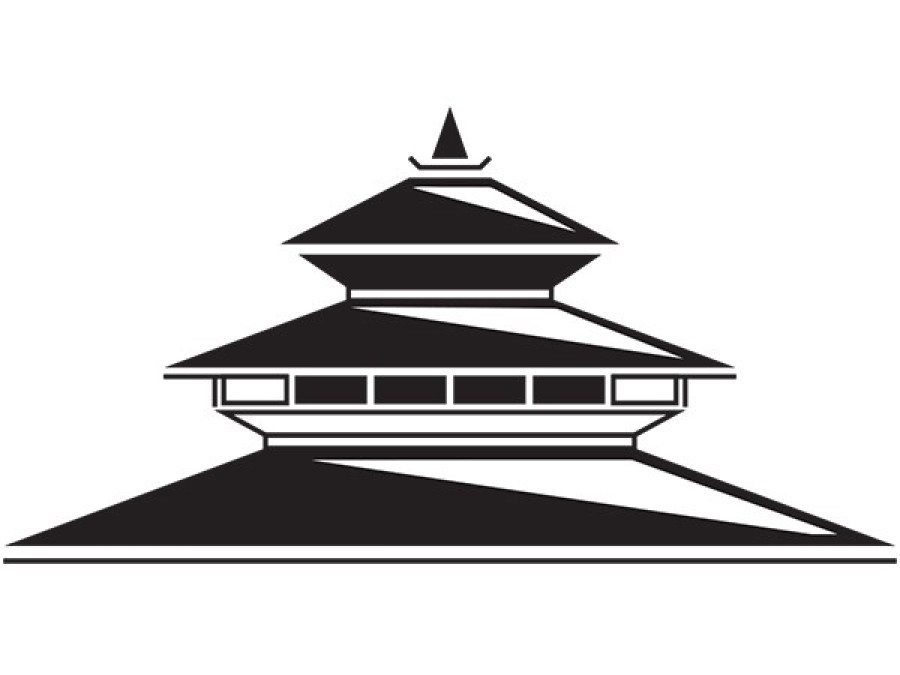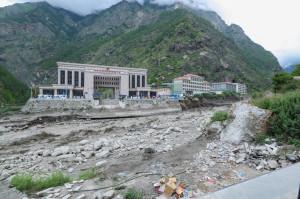Money
Shot in the arm
Nepal has been certified for outstanding performance in immunisation
Vaccines have played an immense role in contributing to global health. They have helped protect children from serious diseases such as pneumonia, diarrhoea, measles, and polio. Around the world, and in Nepal, too, vaccines have drastically reduced the number of children who die, fall sick or need to be hospitalised. Since immunisation is the core intervention to reduce child mortality, the government has made it amongst its core priority programmes.
Barring a few urban areas, immunisation service is usually provided through the government health network. Yet, while Nepal was declared polio-free in 2014, measles and rubella are still endemic and both remain one of the major causes of childhood deaths in Nepal. In fact, congenital rubella syndrome causes serious birth defects like cataracts, heart problems, bone problems, and mental illness.
Nepal was certified for controlling rubella and congenital rubella syndrome two years ahead of the World Health Organisation (WHO) Southeast Asia’s regional target year of 2020—and one year ahead of the national target of 2019. A report provided by an independent country national verification committee says Nepal has achieved 97 percent reduction of rubella cases against the target of 95 percent compared to 2008. This is a proud moment for Nepal, and it is another milestone in its list of successes against vaccine-preventable diseases. In 2014, WHO Southeast Asia had announced the elimination of measles and control of rubella and congenital rubella syndrome by 2020 as a flagship programme.
Nepal has conducted mass immunisation campaigns with measles-rubella vaccine in 2012 and in 2015-16 after the massive earthquake. According to a WHO report, there were 786 confirmed cases of rubella in 2008. But thanks to the mass immunisation campaign, the number of confirmed cases of rubella had dropped to 22 by 2017, that is a reduction of 97 percent. Moreover, the Immunisation Act 2072 was passed by Parliament in 2016. The law made way for sustainable immunisation financing in the country as it mandated the government to allocate adequate funding for immunisation to the National Immunisation Fund. Such laws act as a testament to the government’s commitment to strengthen health services.
Over the last two decades, even with limited resources, the country has made great strides in health care access and quality. The 2012 Resolve Award for Innovative Financing in Improving Maternal Health, the 2010 MDG 5 award for Reduction (by half) in Maternal Mortality between 1990 and 2010, and the 2009 GAVI Alliance Award for Outstanding Performance in Improving Child Health and Immunisation are a few examples. Although there is a long way to go for reducing health inequalities throughout the country, the government should nonetheless sustain the drive so that its vision to build a healthier nation will soon become a reality.




 24.02°C Kathmandu
24.02°C Kathmandu













